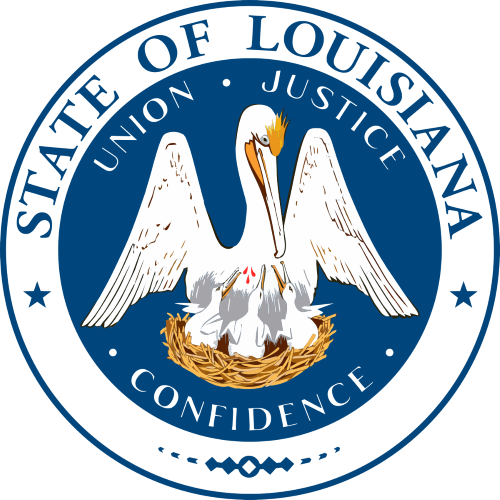
Kansas Residents Deserve the Right to Work
April 8, 2021
Louisiana State House Committee on Health and Welfare – 4/22/21
April 23, 2021Moving Mountains of Regulations
 Alexis Schumacher
Alexis Schumacher  Bradley Tune
Bradley Tune
Published 4/8/2021
By: Alexis Schumacher, MHRM and Bradley Tune
Like the rest of the country, West Virginians experienced the chaos of a pandemic while balancing a high unemployment rate and a national recession. West Virginia’s new law HB2008 modifies the current regulations for licensed trade professionals, eliminating barriers and making it possible to find new employment opportunities. Occupational licensing reform offers a simple path forward, as it offers Americans a pathway to get back to work as quickly as possible.
West Virginia’s unemployment rate was 6.5% in January 2021, slightly above the national unemployment rate. The state’s economy suffered a dramatic drop amidst the pandemic, eliminating approximately 94,000 jobs in West Virginia alone. In a previous Cardinal Institute study, West Virginia’s onerous licensing laws were found to impose high barriers to entry—causing residents to face unfair licensing barriers. HB2008 eliminates some barriers to individuals seeking to work in the state by modifying some trades’ current training requirements, crediting verified military service members, and de-regulating professionals of local ordinances who are OSHA certified.
Pre-pandemic, veterans and their spouses often suffered from overly restrictive occupational regulations. HB 2008 will reduce the military license disconnection for trade professionals and decrease mobility friction. Veterans who served as HVAC technicians in the military are now able to apply for certification through their service experience. Veterans should be able to use the experience and knowledge that they’ve gained while serving their country to provide for their families after they return to civilian life. Allowing experienced military veterans to work as HVAC technicians will also help meet the demand for HVAC technicians, a career that was designated as an essential service.
Modifications forthcoming will reduce licensure requirements to promote workforce flexibility and support the state’s economic recovery. The law will alter the current oppressive licensure obligations by authorizing applicants to take their licensure examination prior to furnishing their required training hours. Likewise, the bill would completely eliminate a crane operator state-issued license, signifying that an OSHA certification would be sufficient to work as a crane operator in the Mountain State. Eliminating a license is a huge step for consumers and allows the professional to practice without an added government permission slip.
Although the pandemic is slowly subsiding, legislators need to continue to remove unnecessary barriers to provide residents a simpler route to earn an honest living. Additional reforms like pending HB2007 for universal recognition will continue to position the Mountain state for economic recovery. Licensing reform to help boost the economy should be a no brainer. One strategy alone isn’t enough to deal with the dramatic economic turndown. Removing barriers to work through legislation like HB2008 is a step in the right direction.
Alexis Schumacher and Bradley Tune both work for the Knee Center for the Study of Occupational Regulation at Saint Francis University in Loretto, PA.


